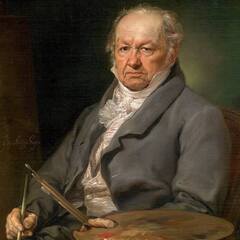-
Featured Topics
-
Topics
-
4
-
Twiney_ ·
Posted in Troubleshooting0 -
mwthomas10 ·
Posted in Troubleshooting3 -
2
-
Nightmare-Rex ·
Posted in Windows2 -
13
-
4
-
Master_Kilvin ·
Posted in New Builds and Planning0 -
1
-
Foure ·
Posted in Networking2
-

.png.255947720031a641abdac78e663b681c.png)
















Create an account or sign in to comment
You need to be a member in order to leave a comment
Create an account
Sign up for a new account in our community. It's easy!
Register a new accountSign in
Already have an account? Sign in here.
Sign In Now